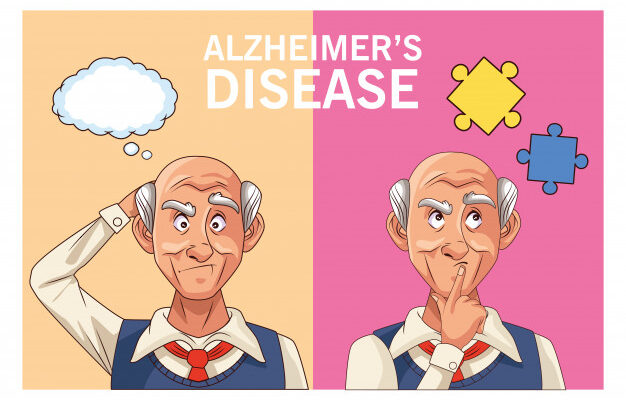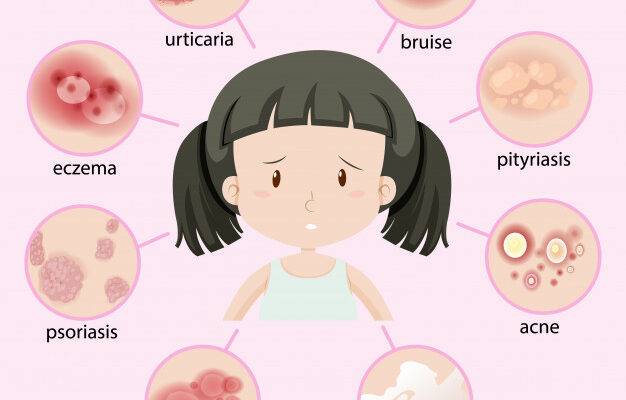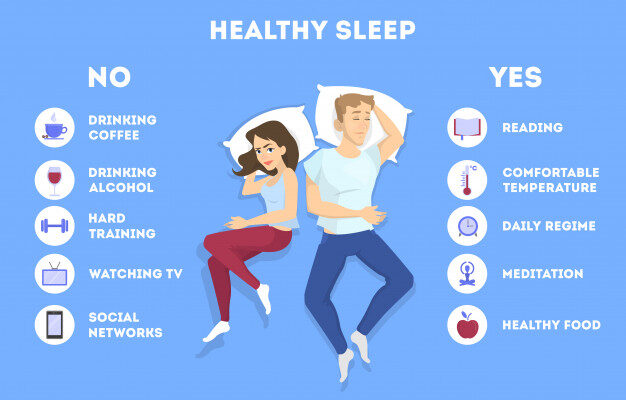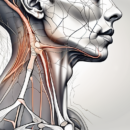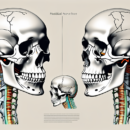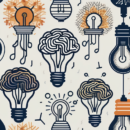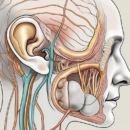SIMPLE GUIDE TO BLOOD PRESSURE MEDICATIONS FOR OLDER ADULTS

Blood pressure refers to the force by which your blood pushes against the walls of your blood vessels. High blood pressure (also known as hypertension) is a condition in which your blood pressure is consistently too high.
Hypertension is harmful to your body in a lot of ways. The main damage occurs to the heart and blood vessels because they have to work much harder. It causes damage and plaque formation inside arteries over time due to the increased friction. This causes a narrowing of the arteries, which causes blood pressure to rise even more and a vicious cycle of harm to your internal organs.
Long-term high blood pressure increases the risk of heart attack, arrhythmia, and stroke. It needs swift identification and treatment. Keep reading to see how your doctor can diagnose hypertension and what blood pressure medications you can use if you have HBP.
Diagnosing Hypertension
Your doctor needs to take at least three blood pressure readings on each appointment for three or more appointments (nine readings in total). This is because blood pressure can vary throughout the day and can be affected by circumstances or other conditions.
A BP reading has two values: a systolic pressure (pressure in arteries when heartbeats) and diastolic pressure (pressure in arteries between heartbeats)
Blood pressure measurements can broadly be categorized into four types:
- Normal BP: A blood pressure reading below 120/80mm Hg and higher than 90/60 mm Hg is considered normal.
- Elevated BP: A systolic pressure of 120 to 129 mm Hg and a diastolic pressure reading under 80 mm Hg is a sign of elevated BP. Elevated BP can get worse over time if it’s not controlled.
- Stage 1 Hypertension: Consistently getting blood pressure readings of 130-139/80-89 mm Hg.
- Stage 2 Hypertension: Consistently getting blood pressure readings higher than 140/90 mm Hg.
In patients over age 50, systolic blood pressure readings are even more important than diastolic ones because some people can have isolated systolic hypertension.
Once you’ve been diagnosed with hypertension, your doctor has a choice of blood pressure medications he/she can prescribe. Let’s check them out.
Blood Pressure Medications
Here are the possible types of blood pressure medications your doctor might prescribe.
Diuretics (Water Pills)
A diuretic is uniquely created to remove excess sodium and water from your body, thus reducing the volume of fluid flowing through your blood vessels. This is effective in reducing pressure on the walls of your blood vessels. They’re usually the first blood pressure medications your doctor will try.
There are three types of diuretics, and each affects a different part of your kidney. Choosing one or the other will depend on your health and what your doctor wants to treat.
- Thiazide: They are the most commonly used diuretics. Examples include: Chlorothiazide, Indapamide, Metolazone, etc.
- Potassium-sparing: Amiloride, Eplerenone, Triamterene, and Spironolactone are potassium-sparing diuretics.
- Loop: Bumetanide, Ethacrynic acid, Torsemide and Furosemide are all loop diuretics.
Diuretics are quite safe and well tolerated. Common side effects can be sodium loss and frequent urination.
They can also affect the levels of potassium in your blood. Thiazide can drop blood potassium levels too low, while a potassium-sparing diuretic can cause them to be too high. Speak with your doctor about risks.
Angiotensin II Receptor Blockers (ARBs)
This class of blood pressure medications works by blocking the action of Angiotensin, which is a chemical that narrows blood vessels in your body. This helps widen blood vessels and aid blood flow to reduce blood pressure.
ARBs are typically prescribed for individuals who are unable to take ACE inhibitors (more on this later). Here are some examples of ARBs:
- Avapro
- Cozaar
- Micardis
- Teveten
- Diovan
- Atacand
- Benicar
Angiotensin-Converting Enzyme (ACE) Inhibitors
ACE inhibitors work by stopping the production of Angiotensin, rather than their function like ARBs. ACE inhibitors are usually a better choice for younger patients than older ones. It’s also not recommended to be taken with NSAIDs, as they make ACEs less effective.
ACE inhibitors can be found under the following names:
- Benazepril
- Lisinopril
- Moexipril
- Captopril
- Quinapril
- Ramipril
- Trandolapril
- Enalapril
- Fosinopril
- Perindopril
Calcium Channel Blockers
Calcium channel blockers work by preventing calcium from entering the cells of your arteries and heart. This allows your blood vessels to relax and open up because calcium causes stronger contractions of arteries and the heart.
They may often be prescribed with other blood pressure medications. Calcium channel blockers can be long-acting or short-acting. Short-acting types will work fast and have more potent effects but will last only a few hours.
Examples include:
- Nisoldipine
- Verapamil
- Amlodipine
- Diltiazem
- Felodipine
- Isradipine
- Nifedipine
- Nicardipine
Beta Blockers
Beta blockers block the effects of adrenaline, medically known as the hormone epinephrine. Their main job is to make your heartbeat slower and with less intensity.
They usually aren’t the first treatment your doctor would recommend for high BP because of some risks. But if diuretics and other options are not working, beta blockers are an effective option.
Here are some beta blockers:
- Acebutolol
- Atenolol
- Bisoprolol
- Nebivolol
- Propranolol
- Metoprolol
- Nadolol
Renin Inhibitors
These medications block the production of renin, a substance that causes a knock-on effect of increased blood pressure. Renin inhibitors contain Aliskiren, which slows renin production and therefore reduces blood pressure.
These blood pressure medications are not commonly used.
Final Advice
While blood pressure medications can be very useful, they should only be used after lifestyle changes are unable to solve your hypertension.
Some lifestyle changes you should try are:
- Avoid smoking.
- Manage stress.
- Get at least 30 minutes of exercise every day.
- Limit alcohol intake.
- Maintain a healthy BMI/weight.
- Eat a healthy diet.
These lifestyle changes should be a part of your routine whether or not you’re on blood pressure medications. Using a combination of a healthy lifestyle and effective medications, most individuals can successfully manage hypertension and live normal lives.



